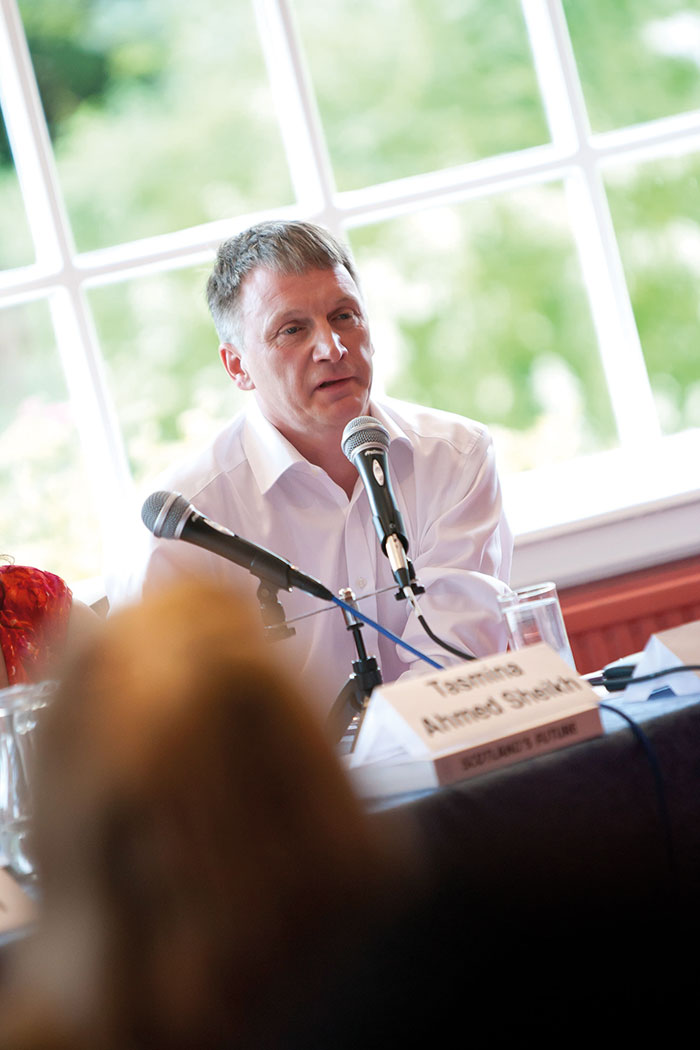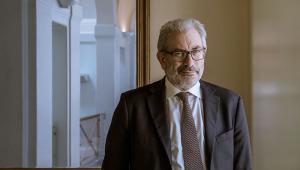 First minister Nicola Sturgeon has condemned Boris Johnson for his administration’s “lack of any meaningful engagement” with the Scottish Government over the development of the Shared Prosperity Fund. The details of this UK-wide scheme, intended to replace EU structural funding, are still unclear.
First minister Nicola Sturgeon has condemned Boris Johnson for his administration’s “lack of any meaningful engagement” with the Scottish Government over the development of the Shared Prosperity Fund. The details of this UK-wide scheme, intended to replace EU structural funding, are still unclear.
The Scottish Government has now attempted to seize the initiative with its own consultation on the issue. It hopes this will help determine the parameters of the new funding arrangements.
It is setting up a steering group of lead partners and delivery partners, as well as key beneficiaries of European structural funds. The group will consider key questions, such as how the cash should be allocated and for how long, and how to balance proper control of public money with a degree of flexibility.
Based on that work, the group will then put together a consultation that will go to the public later this year, with a view to informing the Scottish Government’s position on how the Shared Prosperity Fund should operate north of the border.
Ivan McKee [pictured right], minister for trade, investment and innovation, told members of the Scottish Parliament that the action had been taken in the absence of a steer from the UK government, and a process of engagement that was not “as fast-moving as we’d like”.
“The time has come when we can wait no longer,” he said. “The process of engagement is not as fast-moving as we’d like. The time has come when we can wait no longer”
“The purpose of the consultation will be to understand what future programmes should look like in Scotland, from our perspective and the perspective of users and beneficiaries… and what that transition might look like.”
He accepted that a future divergence between the Scottish Government’s approach and that which may eventually be pursued by the UK as a whole could lead to complications down the line.
“In effect, we are starting with a blank piece of paper and having to design something from the ground up,” he said.
“Even if all [our] red lines… are accepted, the UK government could come along with its own rulebook, equivalent to the EU book, and we would have to figure out how that would work,” he said.
“It could be messy at a number of levels – from very detailed up to more overarching considerations.”
The Convention of Scottish Local Authorities has warned that the UK government may aim to have a more hands-on approach to delivery of the Shared Prosperity Fund in Scotland than with previous arrangements. Under these, the UK had granted almost full autonomy to its devolved administrations to define and run their respective programmes.
“Recentralisation as a result of EU exit would not be welcome,” said Dr Serafin Pazos-Vidal, head of COSLA’s Brussels office.
The UK government has said that the devolution settlements for Scotland, Wales and Northern Ireland will be respected under the Shared Prosperity Fund, which will aim to increase productivity in areas where local economies are furthest behind.
“Thriving rural areas with strong, sustainable economies and vibrant communities will continue to be a priority for the UK government when we leave the EU,” said a spokesperson.
But the Scottish Government said there was still no clarity on the proposed value or structure of the new arrangements.
“We continue to press the UK government for more information to ensure that the people and organisations in Scotland that depend on the funding do not suffer funding gaps in early 2021, when the replacement is due to begin,” a spokesperson said.











